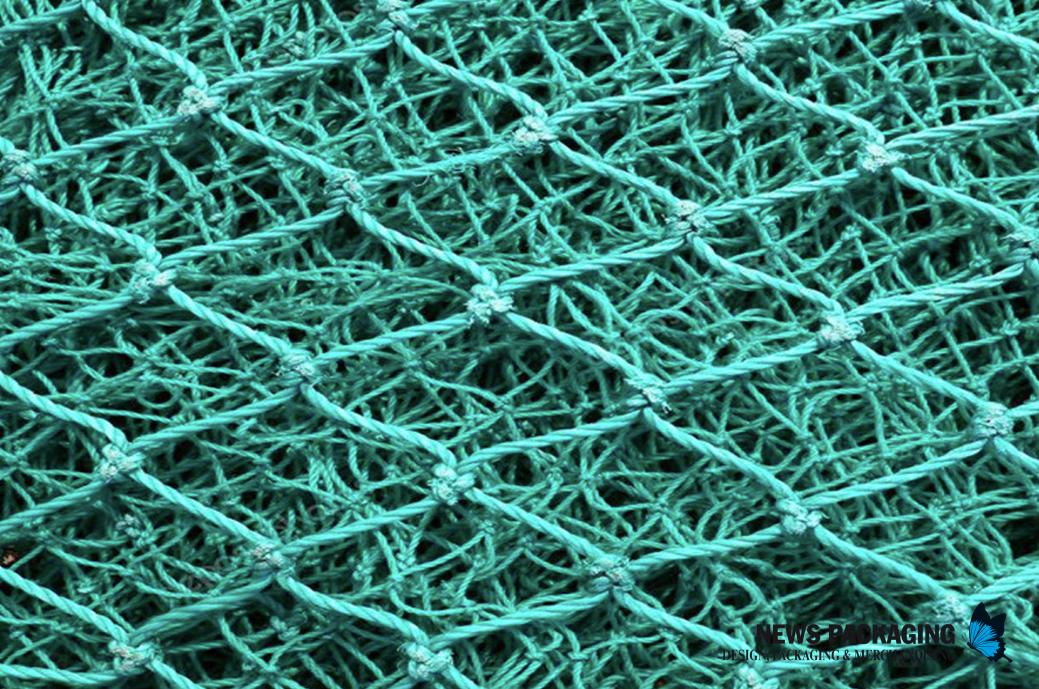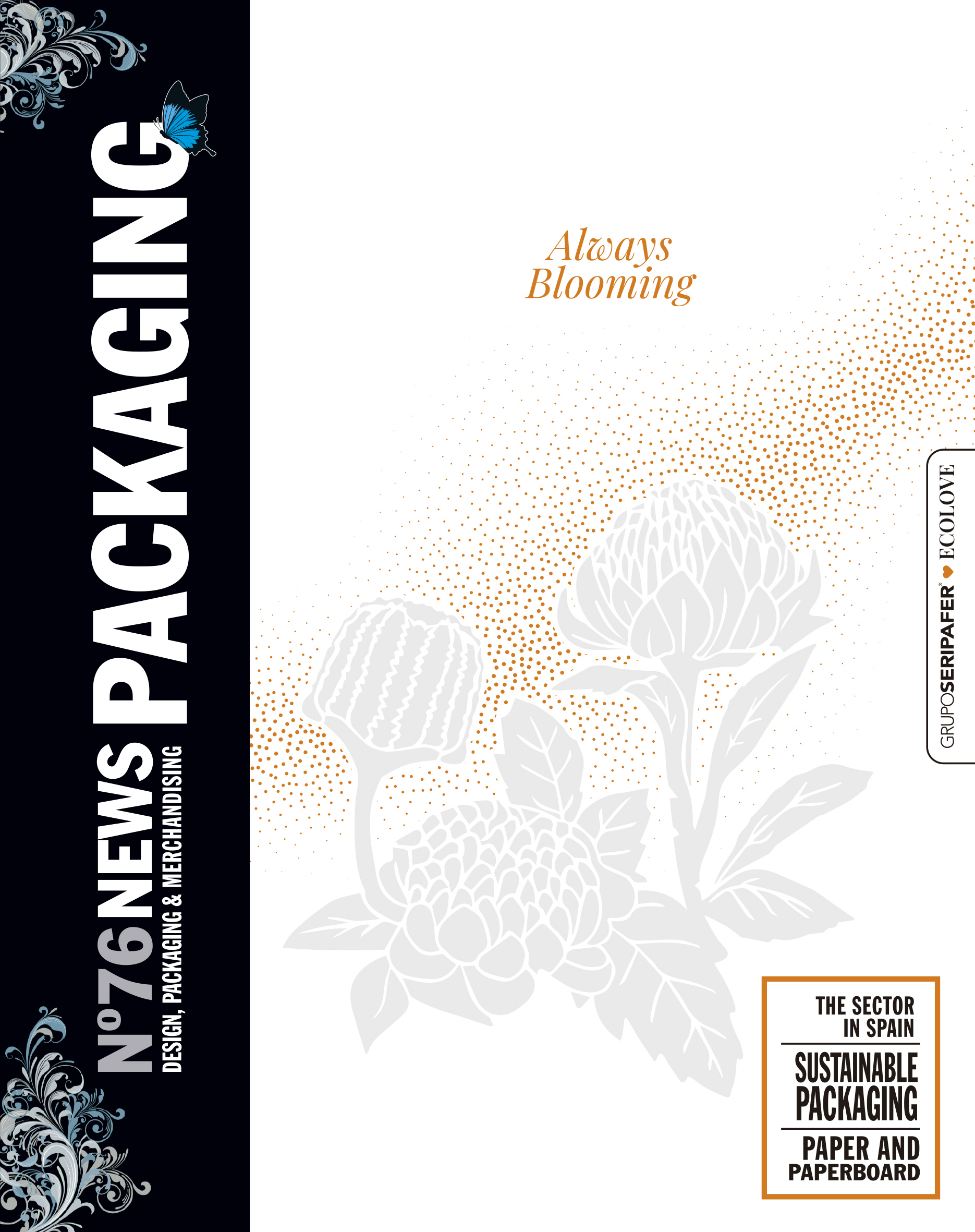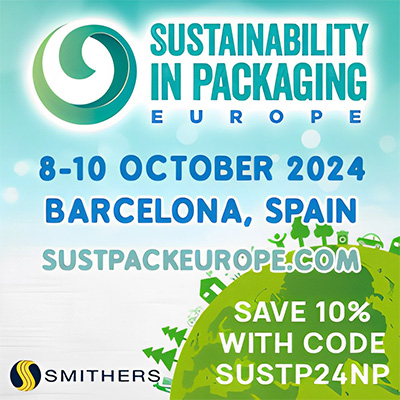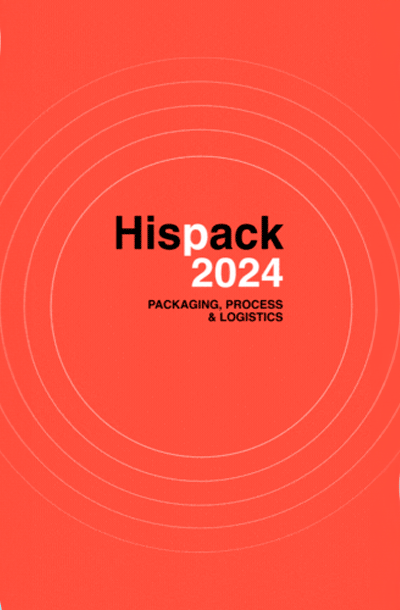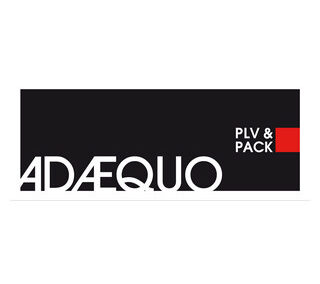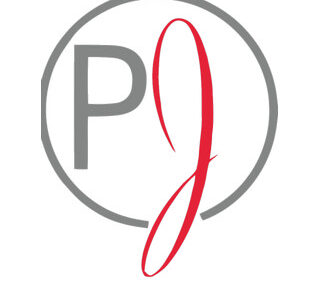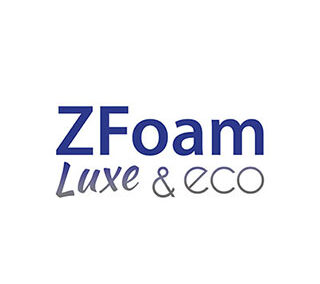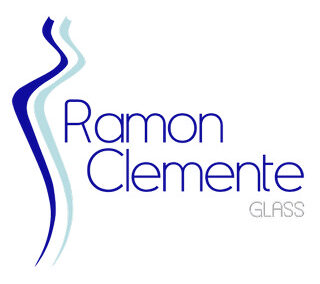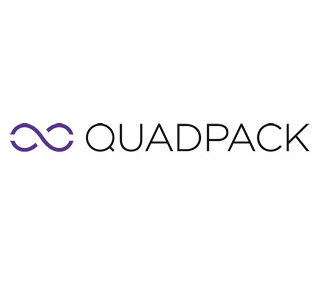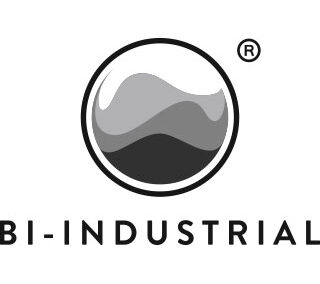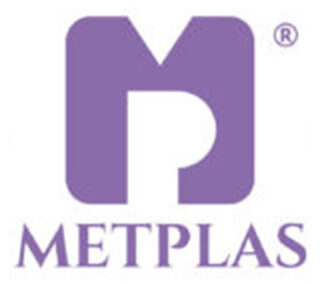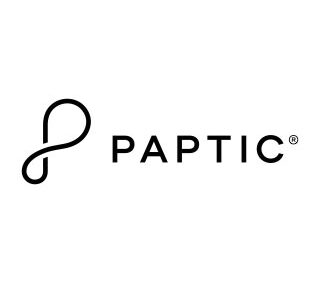Through the development of tools based on 4.0 technologies, the collaborative innovation project BIRSARE aims to consolidate new chains of recycling and reuse of used fishing nets. BIRSARE, with the participation of Aclima, Leartiker, MIK, Birziplastik, Plásticas Clossa and the Spanish Center for Plastics (CEP), is being implemented, with the aim of developing data and information exchange tools based on 4.0 technologies that allow the consolidation of new chains of recycling and reuse of used fishing nets.
The management of marine plastic waste and more specifically that generated by fishing gear can become a new source of plastic raw material that is currently not being exploited and generates a great environmental impact on marine and coastal ecosystems. The BIRSARE project is based on this reality, which is also an opportunity to generate new value chains for the blue economy and environmental sectors.
Although there is great awareness about the presence of plastic waste in the oceans and its impact on both species and marine ecosystems, waste derived from fishing activity, which represents most of the macroplastics that accumulate in the sea, continue to be less relevant to public opinion and the mass media, focused more on microplastics and their final impact on human beings.
According to the latest reports on the situation and the marine plastic footprint from the International Union for Conservation of Nature (IUCN), if the current way of managing waste in the sea continues, it will double by 2040. Fishing nets cause the greatest plastic pollution that exists in the oceans. They are responsible not only for the involuntary capture of marine species, but also for damaging ecosystems due to their great toxicity and their prolonged presence that can last more than 600 years.
BIRSARE plans to develop a systematic and quantitative method to evaluate the environmental impact of plastic from used fishing nets. In addition, it will develop a traceability platform to be able to identify and track materials through the different processes involved in the collection and recycling of this waste, since the need for transparency and reporting of environmental information is key for companies that want compete in terms of sustainability.
The project aims to formulate a new product following the UNE EN 15343:2008 standard based on network waste from the maritime sector, adapted to the requirements demanded by the automotive and furniture sectors. With this raw material derived from the recycling of plastic waste, new circular components will be manufactured for these sectors.
The BIRSARE project has been financed by the Ministry of Industry, Commerce and Tourism through the aid program to support Innovative Business Groups (AEI), within the framework of the Recovery, Transformation and Resilience Plan, with the aim of improving the competitiveness of the small and medium-sized companies, in the call published in the BOE on April 15, 2023.

